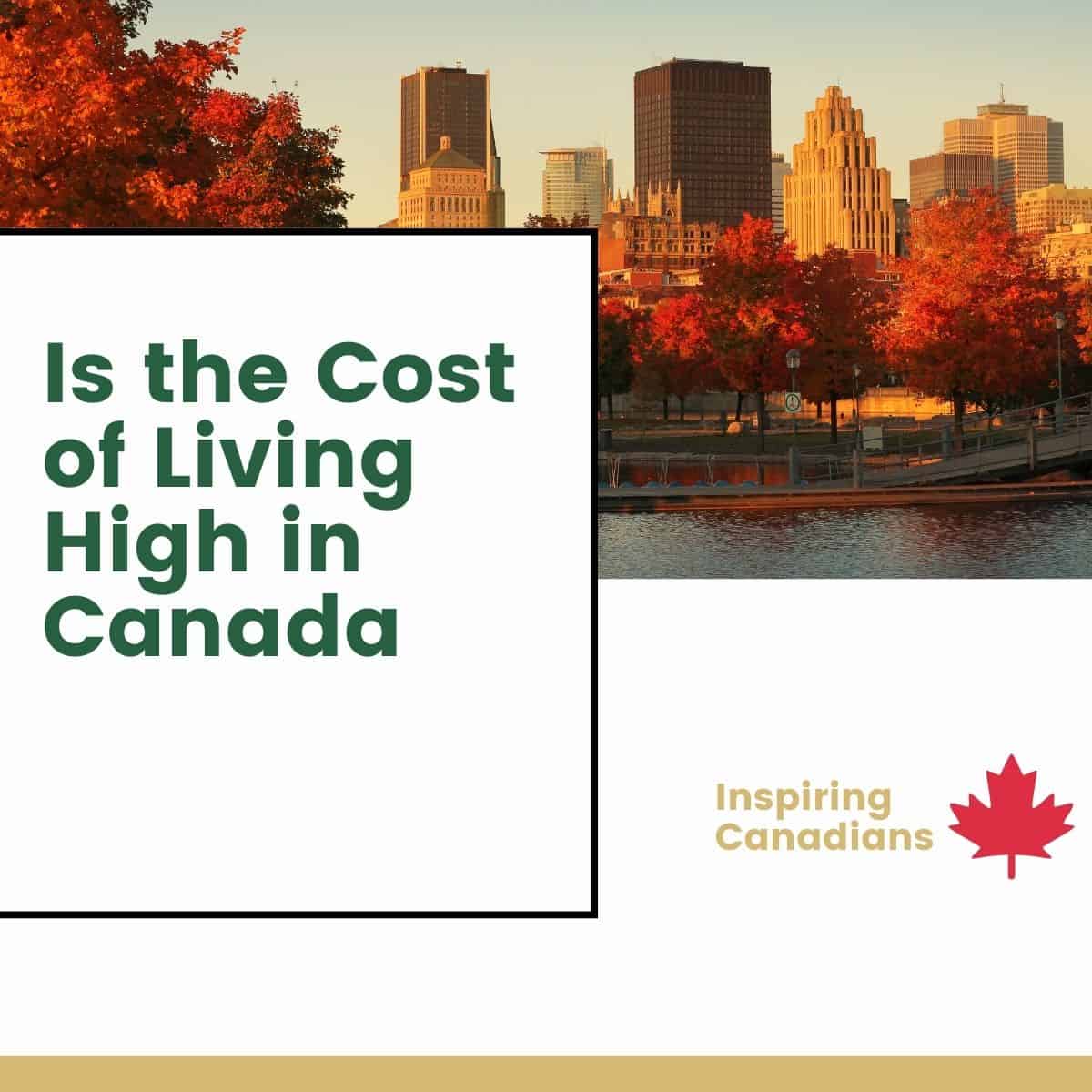 Are you new to Canada and studying at a Canadian institution? Or are you about to embark on your studies here? If so, you should read these top tips! These tips will help make your transition smoother and help you get the most out of your Canadian education. Moreover, they’ll also make it easier for you to adjust to life in Canada and explore its rich culture.
Are you new to Canada and studying at a Canadian institution? Or are you about to embark on your studies here? If so, you should read these top tips! These tips will help make your transition smoother and help you get the most out of your Canadian education. Moreover, they’ll also make it easier for you to adjust to life in Canada and explore its rich culture.
10 Tips for New International Students in Canada
You’ve made a great decision to study in one of the world’s most beautiful and diverse countries – Canada! Here, you’ll find amazing opportunities for personal growth and development.
- Make Networking a Priority
- Get Involved in Campus Life
- Take Advantage of Technology and Online Resources
- Explore the Country
- Make an Effort to Connect with Canadian Culture
- Seek Out Support Services
- Learn About the Canadian Tax System
- Check Your Immigration Status Regularly
- Understand Your Health Coverage Options
- Protect Your Valuables
Make Networking a Priority
Making connections and networking is essential for success in any field, especially for students coming to a new country. Take advantage of the wonderful opportunities available to you to meet people who can help support your studies, introduce you to resources, or provide guidance and advice. Furthermore, networking can open up possibilities for job opportunities and internships in the future, so start building your network today!
Get Involved in Campus Life
Take every opportunity, big or small, to get involved in campus life. Join clubs and organizations related to your field of study or extracurricular activities. Participate in student meetings and events. Not only will you have a chance to make friends and develop relationships with people from different countries, but you will also gain experience and skills that can help you later on in life. Also, by getting involved, you’ll be able to learn more about Canadian culture and better understand how things work in Canada.
Take Advantage of Technology and Online Resources
Technology can be a great tool for international students. Take advantage of online resources to stay connected with family, friends, and home country. Use technology to stay organized, access course materials, research topics related to your field of study, or even find new opportunities. Moreover, many Canadian universities and colleges offer a variety of online resources, such as virtual libraries, student portals, and e-learning platforms. It’s important to explore available resources and make sure you use them to your advantage.
Explore the Country
Canada is a vast and beautiful country, with each province offering its own unique culture to explore. Make sure to take the time to travel and explore the different sites that Canada has to offer. From natural wonders like Niagara Falls to incredible cities like Toronto or Vancouver or rural communities in Quebec and Alberta, amazing experiences await you everywhere! It’s important to get out and explore the country, as this will help you better understand Canadian culture and connect with the people around you.
Make an Effort to Connect with Canadian Culture
Learning about Canadian culture and customs is essential for adjusting to life in Canada. Researching the local cuisine, language, festivals, sports, and other Canadian cultural elements will help you better understand your new home. You can also take advantage of different cultural activities such as attending a music or art shows, visiting local museums, or taking part in cultural celebrations. It’s also important to learn about Canadian history and the indigenous peoples of Canada – their stories are an integral part of this country’s culture.
Seek Out Support Services
As an international student, it’s important to take advantage of the support services that are available to you. Most Canadian universities and colleges provide access to academic advisors, mental health counsellors and resources for international students. Take some time to familiarize yourself with the available support services, and don’t hesitate to reach out when needed.
Learn About the Canadian Tax System
It’s important to understand how taxes work in Canada, especially if you’re working while studying. Learn about the Canadian tax system and make sure to file your taxes each year so that you can take advantage of any benefits and credits you may be eligible for. Also, make sure to keep track of all your income and expenses, as these will be important when filing your taxes.
Check Your Immigration Status Regularly
It’s important to check your immigration status regularly to make sure all of your documents are up to date. Be aware of any changes in the laws that might affect your status, and keep track of when it’s time to renew visas or apply for extensions. It’s also important to keep your passport and other immigration documents secure. Also, make sure to apply for any necessary updates or extensions before they expire.
Understand Your Health Coverage Options
It’s important to understand your health coverage options in Canada. The government provides health care insurance, but you may need additional coverage if you’re not eligible for the program. Explore different private healthcare plans and ensure you have adequate coverage to access medical services when needed. It’s also important to know what medical services are covered by your plan and make sure to use these resources when needed.
Protect Your Valuables
As an international student, it’s important to protect your valuables. Make sure that you keep important documents and belongings locked away securely, and always be aware of your surroundings. Also, keep track of your credit cards and bank accounts, and never carry large amounts of cash.
By following these tips, international students can make the most of their Canadian experience and adjust to living in a new country. You can take advantage of Canada’s many opportunities with hard work and dedication!
Bottom Line
Canada is an incredible country with many unique experiences to offer international students. With the right attitude and a willingness to learn, you can make the most of your time in Canada. Make sure to take advantage of the online resources, explore the country, connect with local culture, and seek out support services. By following these tips, you can make the most of your experience in Canada!















